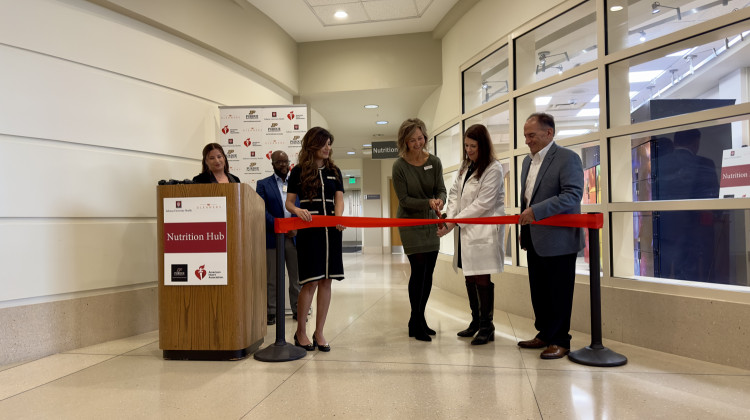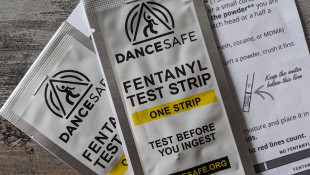There’s new push to help people who have been incarcerated deal with the effects of traumatic brain injuries.
Over the next four years, people leaving prison for parole or community corrections programs in Marion and Allen counties will be screened for a traumatic brain injury, or TBI, that can make it difficult to adjust to life on the outside.
Lena Hackett, president of Community Solutions, the organization coordinating the project, says it’s common for inmates to have experienced a serious brain injury, partly because they’ve been in more violent situations.
"The national research will show that on average about 60% of folks who are incarcerated have a traumatic brain injury," says Hackett, "we did a quick research project here in to see what the levels were here in Indiana and we came up with about 37% of the folks."
Hackett says a recent $1 million dollar federal grant will allow these people to get help.
"They will go into a program called Resource Facilitation, which is really intensive wrap-around, case management services focused on the brain injury," says Hackett, "it includes both the medical and clinical side and the how do you now work in your community, how do you connect to resources and how do you become employed."
Finding a job is a critical issue for people leaving jail and criminal justice research shows those who do are less likely to reoffend.
Hackett says a local doctor at Rehabilitation Hospital of Indiana has spent years creating the Resource Facilitation model that has been tested on non-incarcerated patients with a TBI.
"They found that of folks that received Resource Facilitation 64% of those folks were employed as compared to their control which was only 36%." says Hackett.
Another big part of the project will be training correctional staff to better identify and manage inmates who are dealing with a traumatic brain injury. Hackett says people who work with inmates need to be able to better recognize the symptoms.
"You have difficulty focusing, you can't remember details, you can't multi-task, you may have outbursts of emotion," explains Hackett, "so if you're incarcerated those things can be seen as being noncompliant, but if you know about the brain injury it can be treated and managed."
Indiana is only the second state in the country to pilot this type of program, offering a chance for ex-offenders to successfully rejoin communities.
 DONATE
DONATE







 View More Programs
View More Programs



 Support WFYI. We can't do it without you.
Support WFYI. We can't do it without you.